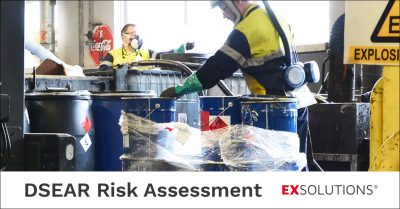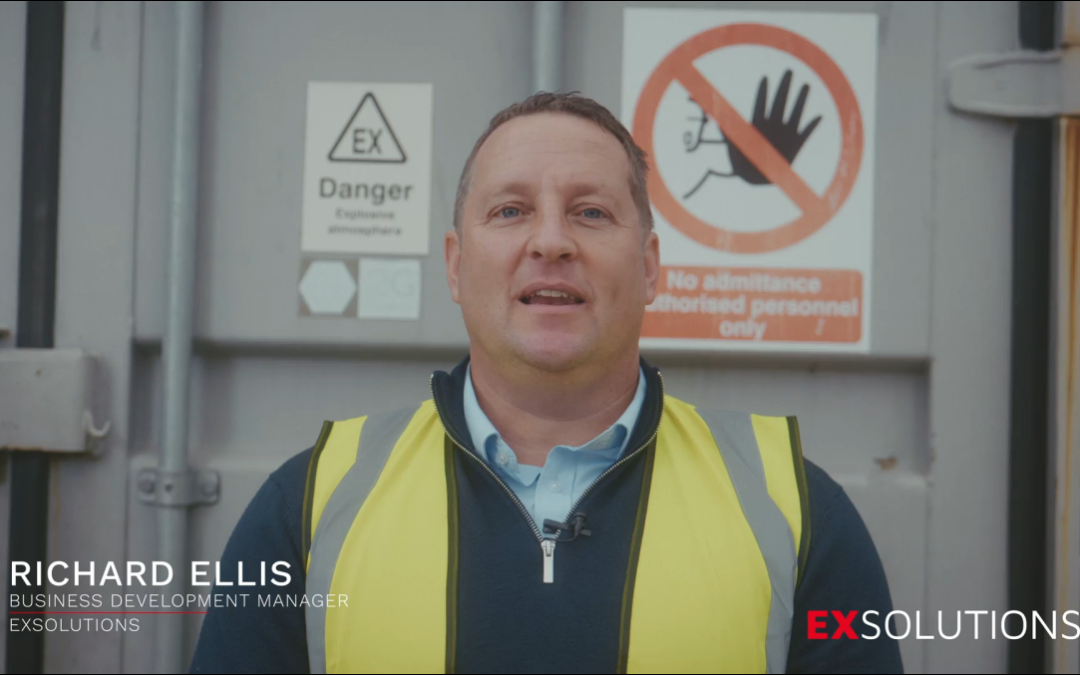If you are a business owner or director dealing with flammable or dangerous substances, it is time to get familiar with the Dangerous Substances and Explosive Atmospheres Regulations (DSEAR). This is not just red tape; it is all about keeping your employees safe from the risks that come with handling hazardous materials. And under the Health and Safety at Work Act 1974, you are legally required to comply with DSEAR.
What is DSEAR?
DSEAR came into play in 2002, and its main goal is to protect people from the dangers of fires, explosions, and other serious incidents that can happen when working with dangerous substances. This includes things like:
- Flammable liquids (think solvents and paints)
- Gases (like propane and butane)
- Dusts (from food or wood)
- Corrosive substances (like acids)
- Toxic or Biohazards and radiation among other risks
As an employer, you need to identify these hazards, assess the risks, and put measures in place to keep everyone safe.
Even if your site or operations does not end up with a classified hazardous area under ATEX or COMAH, the DSEAR assessment can be an independent activity defining what you ‘may already think’ is the outcome, and will be a recognised assessment and mitigation for taking no further action, should the HSE come calling, or an unfortunate incident occur. It is the employer’s responsibility to assess the risks adequately.
The Health and Safety at Work Act 1974
It’s always good to recap on the Health and Safety at Work Act 1974 (HSWA), which is the backbone of health and safety law in the UK. It sets out the general duties of employers to ensure the health, safety, and welfare of their employees and anyone else affected by their work. Here are the key points:
- Employer Duties: You need to provide a safe working environment, adequate training, and proper supervision. Plus, keep your equipment in good shape.
- Employee Responsibilities: Your employees also have a role to play. They need to take care of their own safety and that of others and report any hazards they see.
- Enforcement: The Health and Safety Executive (HSE) is the body that enforces these laws. They can inspect your workplace and act if you are not compliant.
Why You Should Care About Compliance
Many businesses only think about DSEAR after something goes wrong. But waiting for an incident is of course risky. Here’s why you should take compliance seriously:
- Protecting lives: The main goal of DSEAR is to keep your workers safe from fires and explosions. Compliance can save lives and prevent injuries.
- Legal obligations: Ignoring DSEAR can lead to hefty fines and legal trouble. Knowing your responsibilities helps you avoid these pitfalls.
- Reputation matters: A strong commitment to safety boosts your company’s reputation. Clients and customers prefer to work with businesses that prioritise health and safety.
- Operational continuity: By implementing safety measures, you reduce the chances of accidents that could disrupt your operations and hit your bottom line.
“In summary, if you employ people and handle dangerous substances, complying with DSEAR is a must under the Health and Safety at Work Act 1974. By understanding your responsibilities and taking proactive steps, you’re not just protecting your employees, you’re also safeguarding your business and reputation,” says Richard Ellis of EXSolutions.
What to do next? Book a DSEAR assessment

Once you’ve completed the DSEAR assessment, you can start putting the necessary control measures in place and develop an emergency plan. Regular training and open communication with your employees are key to maintaining a safe workplace.
EXSolutions specialises in supporting Quality, Safety, Health, and Environment (QSHE) professionals, including process safety support. Don’t wait for an incident to happen – make sure your site complies with DSEAR today. Your commitment to safety is not just a legal obligation, it’s the right thing to do.
Follow the EXSolutions team on LinkedIn.

